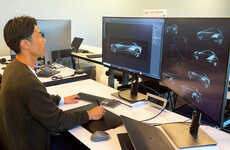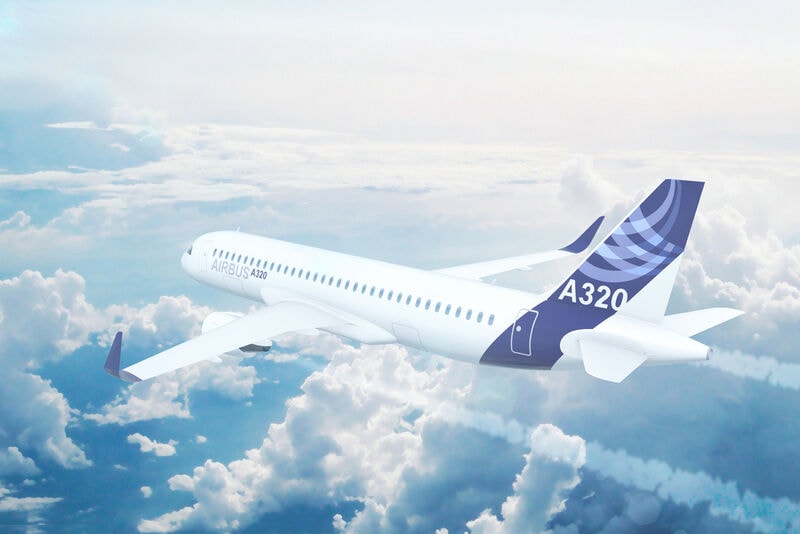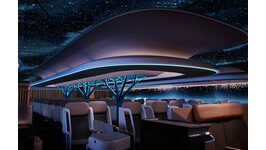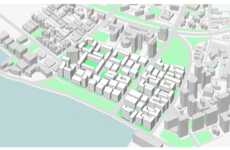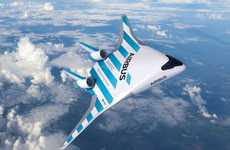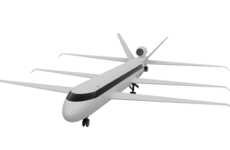
Airbus Used Generative Design Technology to Improve the A320
Daniel Johnson — July 22, 2020 — Art & Design
References: airbus & eurekamagazine
Airbus is implementing generative design technology to redesign different parts of aircraft, including a partition that acts as a barrier between the cabin and the gallery. The new partition is named the 'Bionic Partition 2.0,' and it was created due to Autodesk's generative design technology which now has the ability to account for multiple advanced manufacturing techniques.
Bastian Schalmalloy, an innovation manager for Airbus, stated that using generative design technologies allowed the company to create a new partition that is 50% lighter than the previous design. Schalmalloy also states that the company is taking action to implement the new design into aircraft. If the new design is implemented in the company's A320 planes, it could result in a drastic reduction in carbon emissions from flights.
Image Credit: Shutterstock
Bastian Schalmalloy, an innovation manager for Airbus, stated that using generative design technologies allowed the company to create a new partition that is 50% lighter than the previous design. Schalmalloy also states that the company is taking action to implement the new design into aircraft. If the new design is implemented in the company's A320 planes, it could result in a drastic reduction in carbon emissions from flights.
Image Credit: Shutterstock
Trend Themes
1. Generative Design Technology - Implementing generative design technology to improve aircraft design, resulting in lighter and more efficient aircraft components.
2. Advanced Manufacturing Techniques - Incorporating advanced manufacturing techniques into generative design to create innovative aircraft parts.
3. Reducing Carbon Emissions - Implementing lighter aircraft components achieved through generative design to reduce carbon emissions from flights.
Industry Implications
1. Aerospace - The aerospace industry can leverage generative design technology to improve aircraft efficiency and reduce environmental impact.
2. Manufacturing - The manufacturing industry can explore advanced manufacturing techniques and generative design to enhance product design and production processes.
3. Sustainable Aviation - The sustainable aviation industry can benefit from generative design technology to develop lighter aircraft components and achieve lower carbon emissions.
1.5
Score
Popularity
Activity
Freshness





